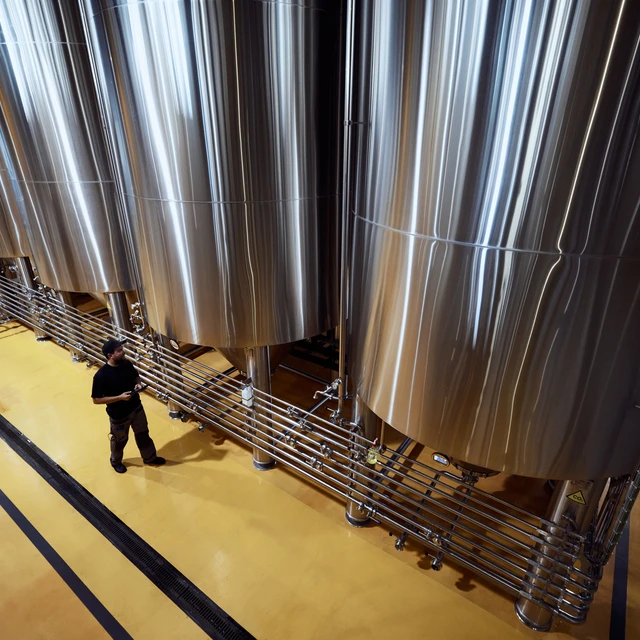
Optimizing propagation consistency in brewing
It’s often difficult to achieve consistent results in your yeast management program. SmartBev™ frozen liquid yeast (FLY) format offers a solution.
Inconsistent batch-to-batch propagation in brewing
Many brewers experience low consistency from batch to batch in their laboratory propagations from slant to Carlsberg Flask.
Process parameters such as temperature, aeration, mixing etc., can be hard to control, resulting in significant variations in important propagation parameters, such as cell count and viability, at the end of the propagation process.
This means that the propagation tank is inoculated at different levels from time to time. This can make propagation difficult to optimize and may negatively affect overall propagation results (and the following generation-zero fermentation).
SmartBev™ FLY simplifies yeast propagation
With Novonesis’ frozen liquid yeasts (SmartBev™ FLY), you can ensure the same inoculation rate of the propagator every time. This results in a more consistent overall propagation and generation-zero fermentation.
SmartBev™ FLY reduces the time and complexity of laboratory propagation. It also reduces health and safety issues associated with the heavy lifting involved in arranging boiling wort in Carlsberg Flasks.
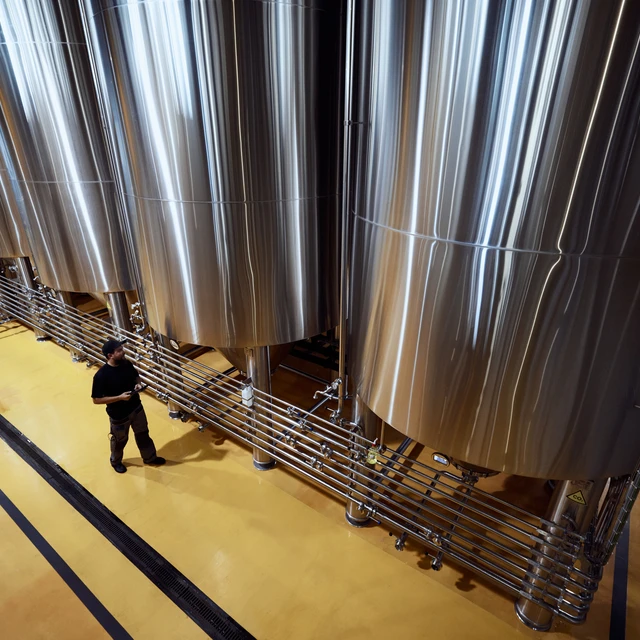
Explore more success stories.
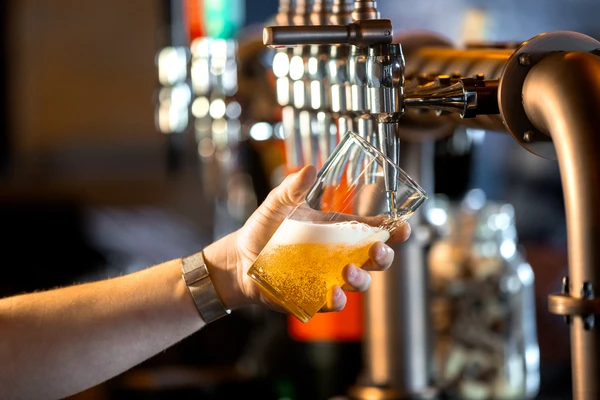
Launch of a non-alcoholic IPA in less than three months
Case Study: Compared to dealcoholization, this brewery found a more cost-efficient and sustainable way to produce a non-alcoholic IPA.
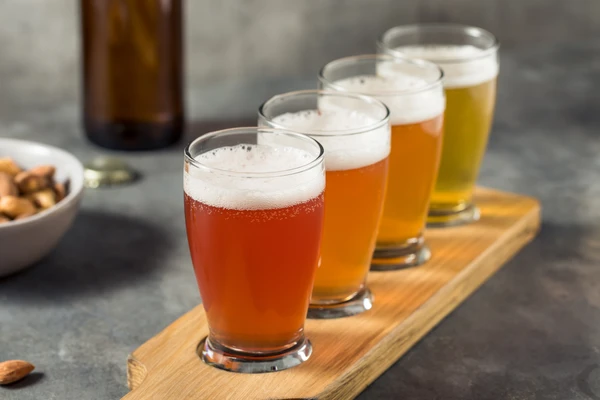
More CapEx or more optimal process?
Challenge: An international brewer had insufficient capacity in the fermentation/storage area. They needed to find extra capacity to increase volume and meet demand.
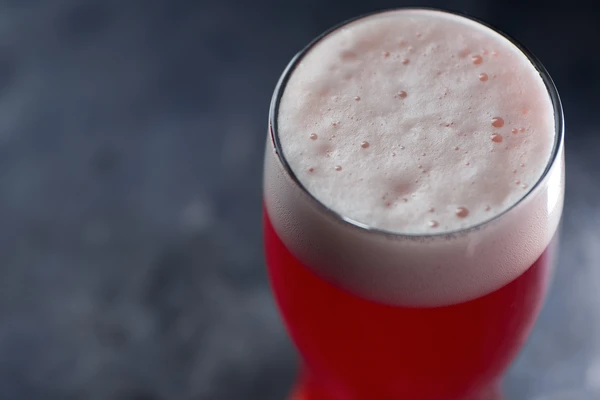
Improve production and flavor of sour beer
Current direct inoculation solutions for kettle souring create uncertainty in commercial brewing, with fermentation times varying between 24 and 48 hours.